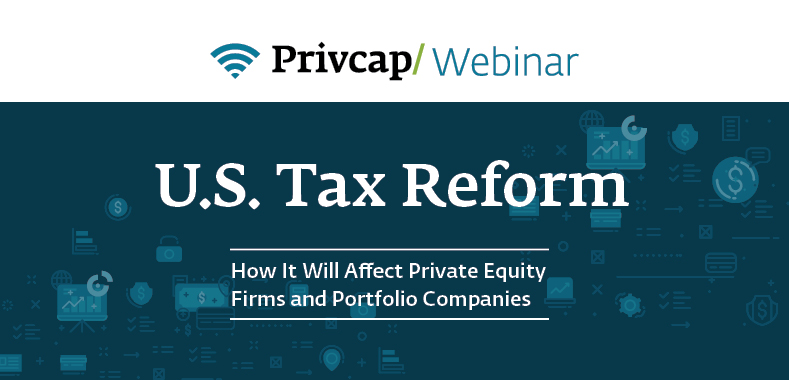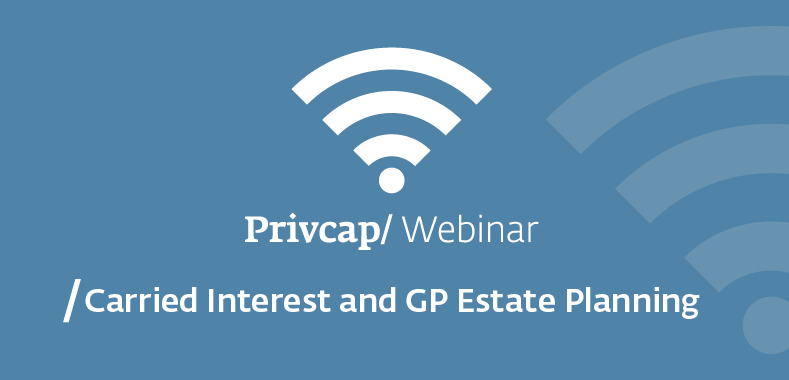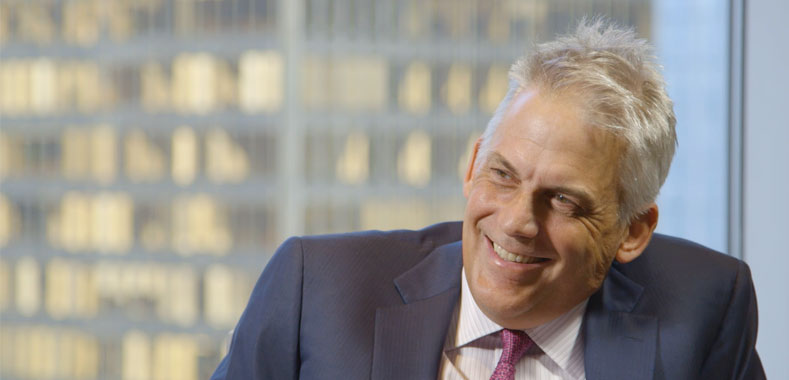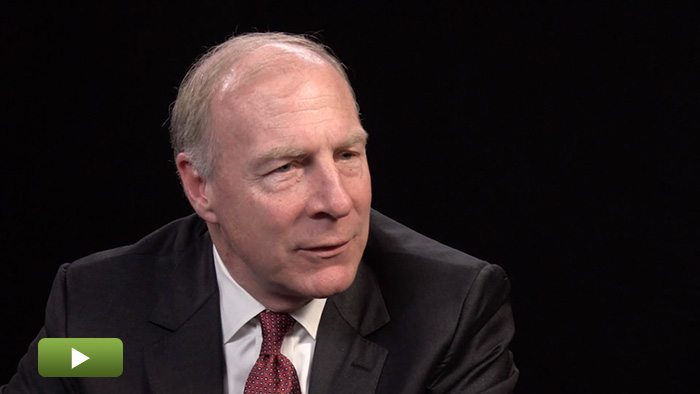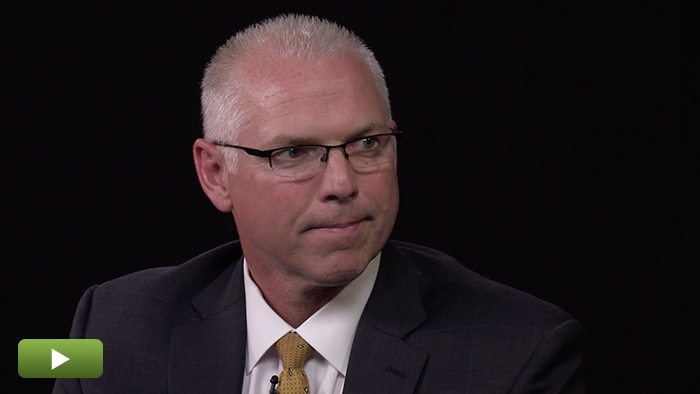From the CFO’s Office: Catching Up with Evelyn Pellicone of Crestview Partners
Download the article here
Evelyn Pellicone is the CFO of Crestview Partners, a value-oriented private equity firm focused on the middle market. The New York firm manages funds with over $7 billion of aggregate capital commitments and invests in several specialty areas: media, energy, financial services, and industrials. Pellicone has been CFO for 10 years.
Privcap: As CFO, what are your biggest concerns and responsibilities in the current market, and have they changed much in the last several years?

Evelyn Pellicone, Crestview Partners: For us, the middle market is being more broadly defined, and when I joined Crestview, there were only a few private equity players in the space. There are now many more, and larger firms are also working in the middle market, so our range of deals has changed. But as CFO, there’s always the need to focus on our portfolio companies and how they are doing and to focus on our limited partners and the need for high-quality reporting and cash management. CFOs are now compliance officers and stewards for their firms.
How have the CFO’s responsibilities evolved, and what has personally been the most challenging aspect of these changes?
Pellicone: Over my tenure, the role has changed, in that I spend more time managing a [finance] team. As tax structures and regulations have gotten more complex, there’s more time and effort devoted to managing those issues. There are different silos, new kinds of co-investment vehicles, and more complex limited partner agreements. Limited partners have evolved, and particularly over the last five years, there’s been a much greater focus on reporting and providing them additional transparency. When I first started working in private equity, you had traditional institutional LPs—pension funds, endowments, and the like. Now there are family offices, fund-of-funds, various vehicles for offshore investors, and the general partnership has to evolve to meet their needs.
Have there been any particular breakthroughs or recent changes that make it easier to do your job?
Pellicone: We spend a lot more time thinking about compliance, and the documentation is more granular than it has been. We’ve been able to automate some of these functions, and the less we rely on spreadsheets, the more accurate that reporting is. It’s been more and more the CFO’s job to drive technology on the front end, putting in databases and eliminating spreadsheets. And on the back end, management of information technology and infrastructure now fall more and more to the CFO and COO. You need to make sure you have backups, a disaster recovery plan, and other contingency plans.
How significant a role do data security and cybersecurity issues play in your job responsibilities?
Pellicone: The CFO is now heavily involved with cyber-security and compliance. The huge increase in, for example, fraudulent email requests for wire transfers, the proliferation of ransomware–it’s a constant concern. We are always looking at the systems we have in place, bringing in consultants, and looking for ways to improve. I don’t click on a single link [from email], and we are constantly making sure the firm gets security measures like dual-factor authentication and training in keeping data secure. Security issues I now focus on daily were things I might have thought about only briefly 10 years ago.
The Crestview CFO discusses the regulatory challenges and changes experienced during her tenure at the New York firm.

